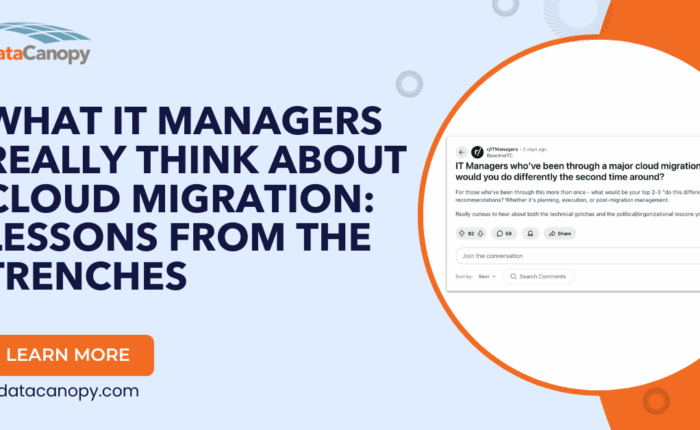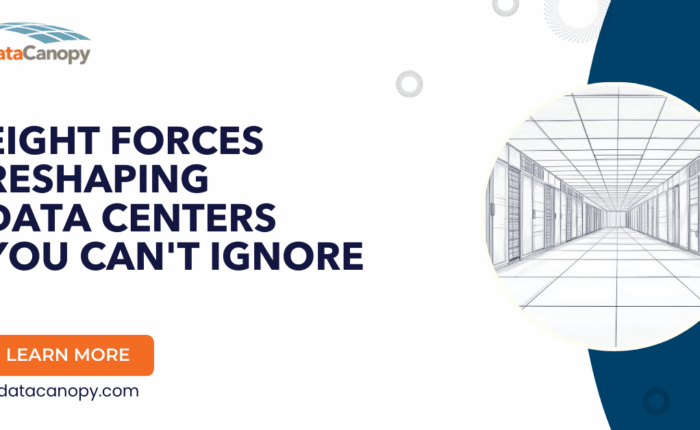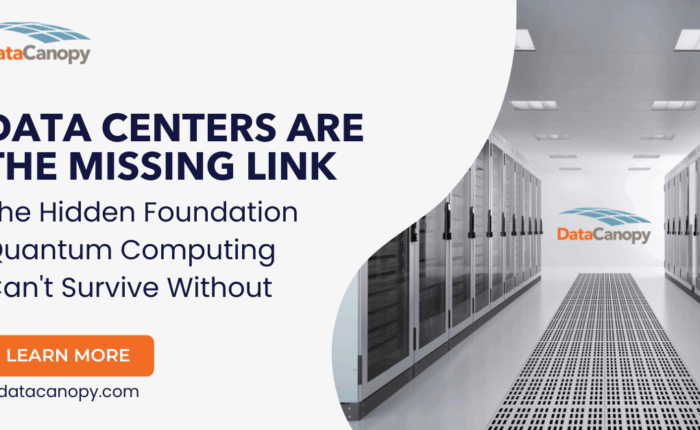In part one of our three-part series from Adam Thomas, EVP of Sales Engineering Data Canopy, Adam explored the unprecedented growth in public cloud infrastructure. In part two, Adam gives us his insights into the reshuffling of the top cloud providers as well as what is in store for colocation.
Reshuffling of The Big Three Cloud Providers
In 2020, AWS and Azure remained king, but now Alibaba is pushing Google out of the top three. The key takeaway here is that AWS and Azure continue to invest in their global strategy, but as China is the second largest economy in the world, Alibaba, as a native organization, has a leg up in that growing market. As China follows the virtualization strategies of the rest of the Globe, keep an eye on Alibaba to capitalize even further on the China’s economic growth woth 15% of global GDP, second only to US at 24%.
Colocation Is Not Dead – Far from It
Over the last several years there has been a fear amongst colocation providers that business is going to shutter with the likes of AWS and Azure taking physical servers out of customer data centers and into the cloud. While it is a viable concern if your whole business is power, ping and pipe to SMB, if you are focused on enterprise and cloud providers, business is booming. What some in the industry fail to realize is that the cloud is not ethereal. It is physical devices just like any other server that needs a physical footprint to live. Therefore, you’ve probably seen companies like Equinix, CyrusOne, and Digital Reality continue to grow and build facilities. Even with expansive cloud technology there is always going to be a need for highly redundant space, power, and cooling. Not to mention the robust networks these facilities provide.
Another factor to consider here is the “hybrid” approach many in the industry speak to and here at Data Canopy we see a multitude of clients using this strategy. For those applications that are not ready – or may never be for virtualization – or applications that have high traffic demands, or even high-cost licensing, colocation data centers are still a viable option that will allow you to connect to your cloud infrastructure seamlessly.
About Data Canopy: At Data Canopy, our team works with organizations to determine their cloud connectivity scope. Through this process, we can help you to assess your costs and determine the cloud solution that will be the best fit for your cloud deployment. In many cases, can help organizations reduce their cloud costs up to 70% by utilizing bulk purchase of cloud storage. Join Adam next week as we wrap up our three part series on the trends for cloud in 2021.



